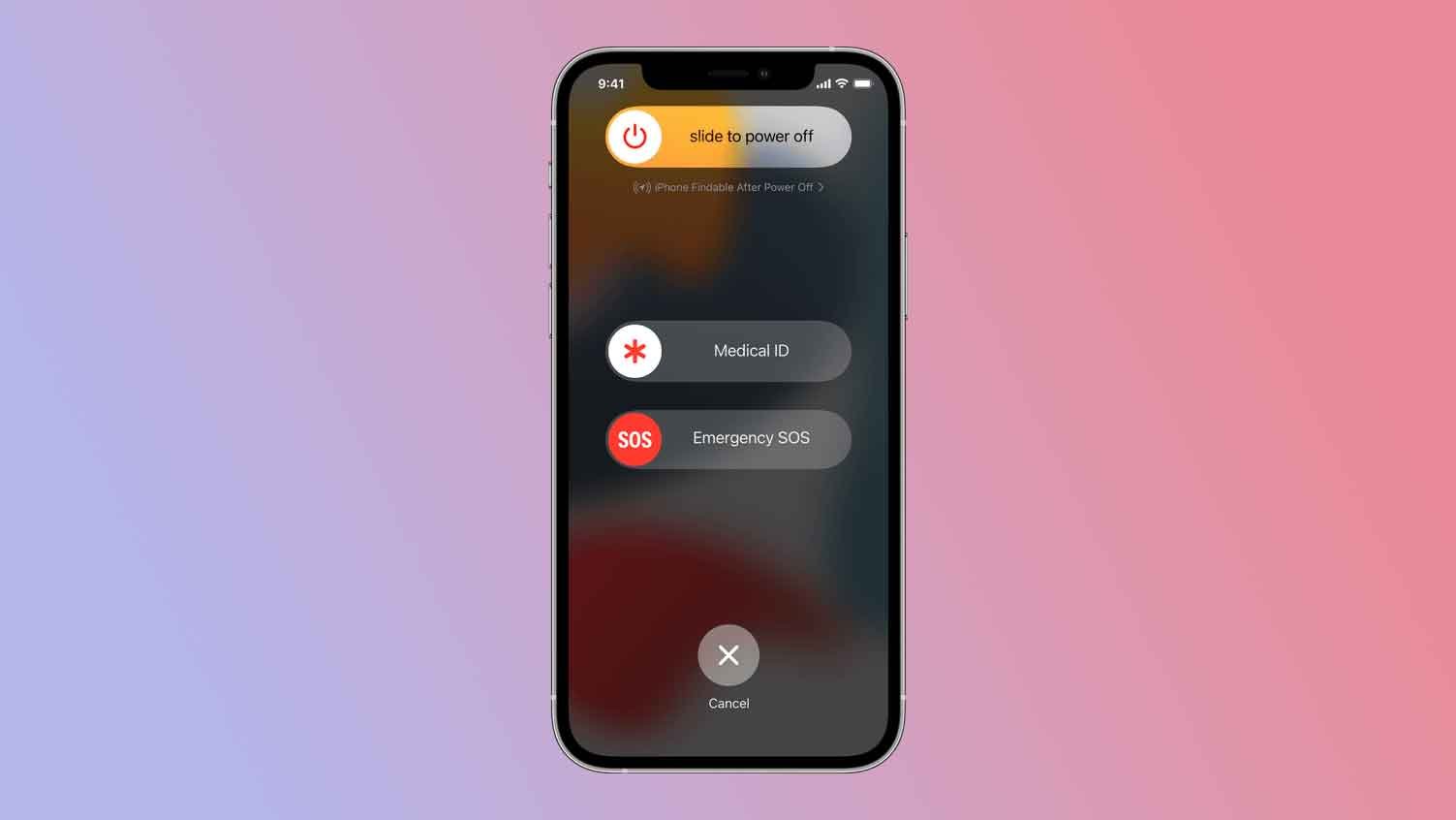T-Mobile Class Action Lawsuit After Breaking Its Lifetime Price Guarantee
When you purchase through links on my site, I may earn an affiliate commission. Here’s how it works.
Table of Contents Show
Do you remember those "Un-carrier" moves T-Mobile were so proud of? The ones that promised "lifetime" price locks on certain plans? Turns out, that "forever" might not actually be forever.
For years, T-Mobile made a big deal about how they were shaking up the wireless industry. They offered sweet deals with the promise that your monthly bill wouldn't change, like, ever. It sounded pretty awesome, right? Well, some folks who took them up on those offers are now singing a different tune.
A class-action lawsuit has been filed, accusing T-Mobile of breaking their promise by raising prices on those "lifetime" plans. Ouch. You can find more information about the original price increase in this comprehensive article.
This whole situation raises some big questions about what those marketing terms really mean, and whether companies can just backtrack on promises they've made to customers. It's a messy situation, and we're going to dive into it.
We're gonna take a closer look at this lawsuit, the impact it's having on T-Mobile customers, what those customers can do about it, and what it all means for the future of the wireless industry. Let’s get started.
Details of the Class-Action Lawsuit
First, let’s get into the details of this lawsuit.
Who Are the Plaintiffs?
The plaintiffs, in this case, are a group of T-Mobile customers who were all enrolled in plans that were specifically advertised with a lifetime price lock guarantee. Now, we're not talking about every single plan T-Mobile offers. The affected plans are the ones where T-Mobile explicitly promised that the price would remain the same throughout the customer's life with the carrier.
What Specific Plans Are Affected?
The lawsuit is focused on several key plans, including legacy plans like the Simple Choice North America and T-Mobile ONE plans, which were once the backbone of T-Mobile's offerings.
According to reports, these are the plans that were most heavily marketed with the promise of unchanging prices. The plaintiffs are alleging that T-Mobile pulled a bit of a bait-and-switch, luring customers in with this appealing promise and then quietly raising prices later on.
What Legal Arguments Are Being Made?
The plaintiffs are making a pretty strong argument. They're essentially saying that T-Mobile breached their contract with customers. Remember, a contract doesn't have to be a fancy piece of paper with a bunch of legal jargon.
In this case, the contract is the agreement between T-Mobile and the customer, where T-Mobile explicitly stated that the price would be locked in for life. When T-Mobile allegedly raised prices, they violated that agreement, at least according to the lawsuit.
The legal arguments also touch on the concept of deceptive trade practices. The idea here is that T-Mobile's marketing, which heavily emphasized the "lifetime" price guarantee, could be seen as misleading to customers. After all, if a customer is led to believe that their bill will never increase, and then it does, that's not exactly playing fair.
This lawsuit is far from a simple open-and-shut case. We're likely to see T-Mobile pushing back with its own legal arguments. But the core issue here is clear: customers were promised a lifetime price lock, and that promise appears to have been broken.
T-Mobile's Response to the Class-Action Lawsuit
Now, you'd expect T-Mobile to have a pretty strong response to these allegations, right? Well, as of right now, T-Mobile has been tight-lipped. There haven't been any official public statements addressing the lawsuit directly yet. This isn't entirely unusual in these situations, as companies often wait to see how things play out in court before making a statement.
I will update this article once there has been an official response from T-Mobile.
But even without an official statement, we can make some educated guesses about T-Mobile's potential defense. It's likely they'll argue that the "lifetime" price guarantee wasn't meant to be absolute.
Maybe they'll point to fine print in the terms and conditions that left some wiggle room for price adjustments. Perhaps they'll argue that the lifetime guarantee was tied to specific legacy plans, and that these plans were eventually replaced by newer ones with different terms.
Another possible argument could be related to the merger between T-Mobile and Sprint. This was a major shakeup in the wireless industry, and it could be used as a justification for changes in pricing structures. Of course, this would depend on the specific wording of the lifetime guarantee and whether it made any allowances for such events.
It's also worth noting that class-action lawsuits can take a while to resolve. We could be in for a long legal battle here, with lots of back-and-forth arguments and potential appeals. So, even if T-Mobile does eventually respond, it might not be the final word on the matter. For now, we'll just have to wait and see how this unfolds.
What Is the Impact on T-Mobile Customers?
Now let's get into the real-world impact this situation is having on T-Mobile customers. And to be honest, it's not looking great.
Financial Burden
The financial burden of these price hikes is a major issue. While the exact amounts vary depending on the specific plan, reports indicate that some customers have seen their monthly bills go up by $5 per line.
That might not sound like much, but it adds up over time, especially for families with multiple lines. We're talking about hundreds of dollars extra per year, money that many people weren't budgeting for.
But the financial impact goes beyond just the individual customer. If you multiply that $5 increase by the number of customers affected, you're looking at a pretty substantial sum of money. This class-action lawsuit claims T-Mobile pocketed millions by breaking their promise. And that's a pretty big deal.
Customer Dissatisfaction
The financial aspect is just one part of the story, though. There's a huge wave of customer dissatisfaction washing over T-Mobile right now. Many people feel betrayed, like they were misled by a company they trusted. I've been reading through forums and social media, and it's not hard to find comments from frustrated customers who feel like T-Mobile pulled a fast one on them.
This kind of sentiment is a big problem for T-Mobile. Reputation is everything in the business world, and this lawsuit is seriously damaging theirs. When a company breaks a promise, especially one as significant as a lifetime price lock, it erodes trust and makes people think twice about doing business with them in the future.
And it's not just about the money, either. Many customers are upset about the principle of the thing. They feel like T-Mobile made a commitment and then went back on their word. That kind of behavior leaves a sour taste in people's mouths, regardless of the financial impact.
So, yeah, the impact on T-Mobile customers is substantial, both financially and in terms of their overall satisfaction with the company. This lawsuit is a major PR nightmare for T-Mobile, and it'll be interesting to see how they try to navigate this situation.
Analysis of "Lifetime" Guarantees
Okay, let's talk about these "lifetime" guarantees. You've probably seen them before, not just from T-Mobile, but from other companies too. It sounds great, right? A promise that something will last forever. But as we're seeing with this T-Mobile situation, the reality can be a bit more complicated.
Legal Ambiguity
The first issue is legal ambiguity. The word "lifetime" itself can be interpreted in different ways. Does it mean the lifetime of the customer? The lifetime of the product? Or something else entirely?
Companies often use vague language in their marketing to avoid making promises they can't keep. This lack of clarity can lead to situations where customers feel misled, like in the case of this lawsuit.
When disputes like this go to court, judges typically look at the specific wording of the guarantee and the overall context of the marketing. They try to determine what a reasonable person would understand the term "lifetime" to mean in that particular situation. But as you can imagine, this can be a bit of a gray area, leading to different interpretations and outcomes.
Consumer Protection
Now, let's talk about consumer protection. There are laws in place to protect consumers from misleading marketing practices. The Federal Trade Commission (FTC), for example, has the authority to take action against companies that engage in deceptive advertising.
If the FTC determines that a company has made false or misleading claims, they can issue fines, order them to change their advertising, or even force them to compensate consumers.
In the case of T-Mobile, it remains to be seen whether the FTC or any other regulatory bodies will get involved. But the lawsuit itself is a form of consumer protection, giving customers a way to hold T-Mobile accountable for their alleged broken promises.
The bottom line is that "lifetime" guarantees should be approached with caution. While they might sound appealing, it's important to read the fine print and understand exactly what's being promised. And if you feel like a company has misled you, don't be afraid to speak up and seek recourse.
What Are the Implications for the Telecommunications Industry?
So, what does all of this mean for the broader telecommunications industry? Well, I think there are a few key takeaways here, especially when it comes to transparency and trust.
Transparency in Marketing
First and foremost, this lawsuit is a stark reminder of the importance of clear and honest communication with customers. Marketing is all about attracting customers, but it's a slippery slope when promises become too good to be true. The word "lifetime" is particularly tricky, as it implies a permanence that might not always be realistic in a constantly changing market.
To avoid similar lawsuits in the future, companies need to be incredibly careful about the language they use in their marketing. Instead of vague terms like "lifetime," they should opt for more specific language that outlines the exact terms and conditions of any price guarantees. This might not sound as catchy in an ad, but it's a lot more honest and transparent.
It's also crucial for companies to be upfront about any potential scenarios that could lead to changes in pricing. If there's a chance that a merger, new regulations, or other factors could impact prices down the line, let customers know. It's better to be upfront about potential risks than to surprise customers with unexpected price hikes later on.
Consumer Trust
This brings us to the issue of consumer trust. The long-term consequences of broken promises can be devastating for a company's reputation. When customers feel like they've been lied to or misled, it creates a sense of betrayal that's hard to overcome. This can lead to negative word-of-mouth, lost business, and even legal action.
Rebuilding trust is a long and difficult process, but it starts with acknowledging the mistakes that were made and taking steps to make things right. This could involve compensating affected customers, making changes to marketing practices, or even restructuring pricing plans to be more transparent.
The entire telecommunications industry can learn from this T-Mobile lawsuit. By prioritizing transparency and honesty in their marketing and customer interactions, companies can build stronger relationships with their customers and avoid the kind of PR nightmare that T-Mobile is currently facing. I believe trust is a two-way street. It's earned through consistent actions, not just empty promises.
What Can T-Mobile Customers Do?
So, what can you do if you're a T-Mobile customer affected by these price hikes? Well, you've got a few options.
Join the Lawsuit
First off, if you're one of the folks who were promised a lifetime price lock and have seen your bill go up, you might be eligible to join the class-action lawsuit. I won't get into the legal specifics here, but typically, there's a process to join these types of lawsuits.
You'll likely need to provide some information about your plan and the price increases you've experienced. There are resources available online where you can find more information about how to join a class action lawsuit.
Alternative Providers
But joining a lawsuit isn't the only option. You could also consider switching to a different carrier. Now, I know that switching carriers can be a hassle, but it might be worth it if you're fed up with T-Mobile's broken promises.
There are plenty of other providers out there with competitive plans and – more importantly – transparent pricing. Do your research, compare different options, and see if there's a better fit for you.
To help you out getting started, check out sites like WhistleOut and Wirefly – those can help you compare plans from different carriers.
Advocacy
And finally, don't underestimate the power of your voice. If you're unhappy with T-Mobile's actions, let them know! Contact their customer service, reach out on social media, or even write a letter to their corporate office. The squeaky wheel gets the grease, as they say. And if enough people speak up, it might just push T-Mobile to reconsider their pricing policies.
You can also reach out to relevant authorities like the Federal Communications Commission (FCC) or your state's consumer protection agency. They're there to protect consumers' interests, and they need to know when companies aren't playing fair.
Keep in mind that you're not alone in this. There are a lot of T-Mobile customers who are feeling the same frustrations. By taking action, whether it's joining the lawsuit, switching carriers, or speaking up, you're sending a message that broken promises won't be tolerated.
Final Thoughts
Alright guys, that's the rundown on this T-Mobile situation. It's a bit of a messy one, with a lot of unanswered questions at this point. But here's the TL;DR:
T-Mobile's "lifetime" price lock promise seems to have backfired on them, resulting in a class-action lawsuit and some pretty unhappy customers.
The legal arguments are complex, but it boils down to whether T-Mobile broke its contract with customers by raising prices on these supposedly locked-in plans.
T-Mobile hasn't made any official statements yet, but we can expect them to push back with their own legal arguments.
This situation is having a real impact on T-Mobile customers, both financially and in terms of their overall trust in the company.
The whole "lifetime" guarantee thing is a bit of a minefield, with a lot of legal ambiguity and potential for misinterpretation.
There are consumer protection laws in place, but it's up to us as consumers to be informed and hold companies accountable.
So, what do you think about all of this? Have you been affected by T-Mobile's price increases? Do you think "lifetime" guarantees should be banned altogether? I'm curious to hear your thoughts, so drop a comment below and let's discuss.
And if you found this post informative, be sure to subscribe to my tech newsletter. I cover all sorts of tech news and reviews, from smartphones to laptops to the latest gadgets.
Thanks a lot for reading, and see you around.
FAQ
-
The lawsuit alleges that T-Mobile broke its "lifetime" price lock promise by raising prices on certain legacy plans.
-
Primarily, the lawsuit focuses on legacy plans like Simple Choice North America and T-Mobile ONE that were advertised with a lifetime price guarantee.
-
Reports indicate that some customers have seen their monthly bills increase by $5 per line, but the exact amount varies depending on the specific plan.
-
As of now (27th of July), T-Mobile has not made any official public statements addressing the lawsuit.
-
If you were a T-Mobile customer on a plan with a lifetime price lock guarantee and experienced price increases, you might be eligible to join the lawsuit.
Research online for more information about the case and how to get involved.
-
You can consider switching to a different carrier with more transparent pricing or voicing your concerns to T-Mobile and relevant authorities like the FCC.
-
The lawsuit could result in financial penalties for T-Mobile, as well as damage to their reputation and customer trust.
-
It highlights the importance of transparency in marketing and the potential risks of using vague terms like "lifetime" in price guarantees.
It could also lead to changes in how companies communicate pricing information to consumers.
MOST POPULAR
LATEST ARTICLES























